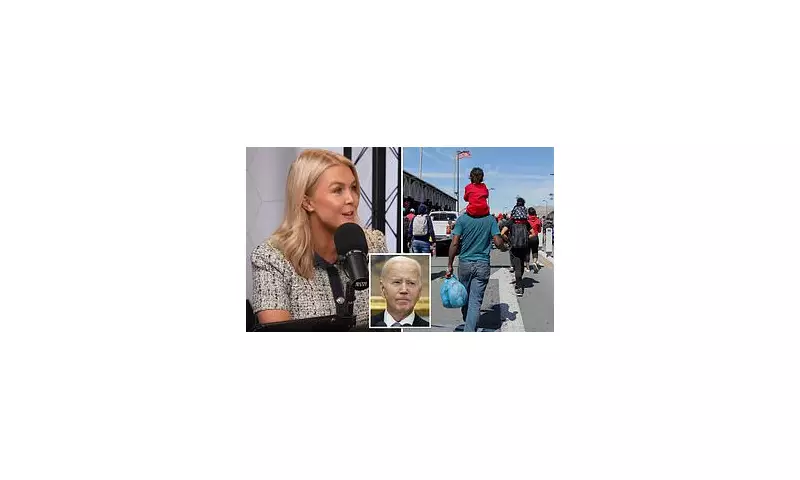
Republican congressional hopeful Karoline Leavitt has launched a scathing critique against what she calls the 'feeble excuses' used to justify America's ongoing immigration crisis. The fiery candidate pulled no punches in her latest remarks, demanding urgent action to secure the nation's borders.
Leavitt's Blunt Message to Washington
'Enough with the delays and excuses,' Leavitt declared during a recent campaign stop. 'Every day we wait, our national security becomes more compromised.' The New Hampshire native specifically targeted the Biden administration's handling of border policies, which she claims have created a 'free-for-all' situation.
The Three Immigration Myths Debunked
Leavitt systematically dismantled what she identified as three major myths surrounding immigration debates:
- Myth 1: 'We can't secure our borders' - Leavitt countered that proper enforcement of existing laws would make an immediate difference
- Myth 2: 'Immigration helps the economy' - She presented data showing strain on public services and wage suppression
- Myth 3: 'Compassion requires open borders' - Leavitt argued true compassion includes vetting and controlled processes
A Growing Movement for Border Security
The candidate's tough stance reflects growing Republican frustration with current immigration policies. Recent polls show border security ranking as a top concern among conservative voters heading into election season. Leavitt positioned herself as part of a new generation of GOP leaders unwilling to accept what they see as Democratic obstructionism on the issue.
'This isn't about left vs right,' Leavitt emphasized. 'It's about basic national sovereignty and protecting American families.' Her campaign has gained traction with promises to push for:
- Completion of border wall projects
- Increased funding for border patrol
- Stricter penalties for employers hiring undocumented workers
- Reform of asylum claim processes
Political analysts note that immigration remains a potent issue that could significantly impact upcoming elections, particularly in border states and districts concerned about immigration's local effects.





